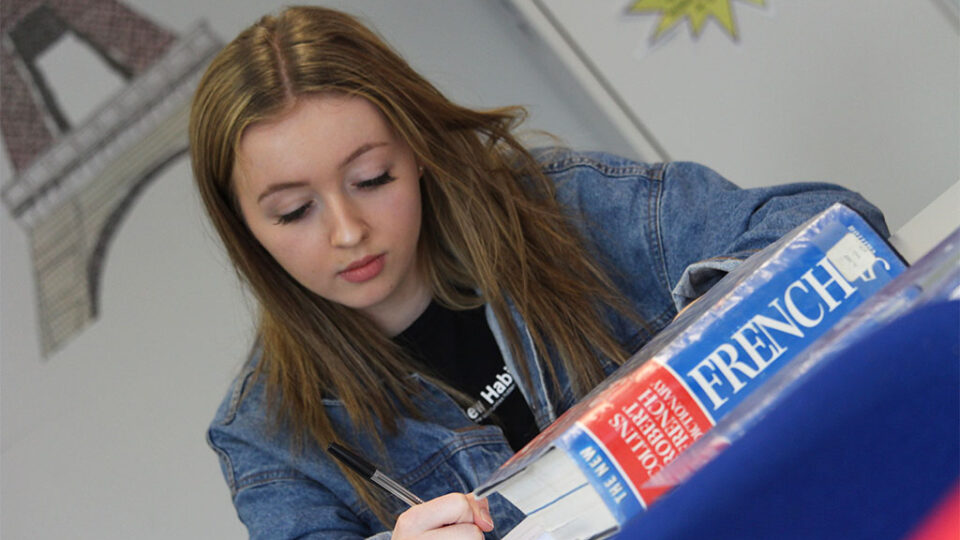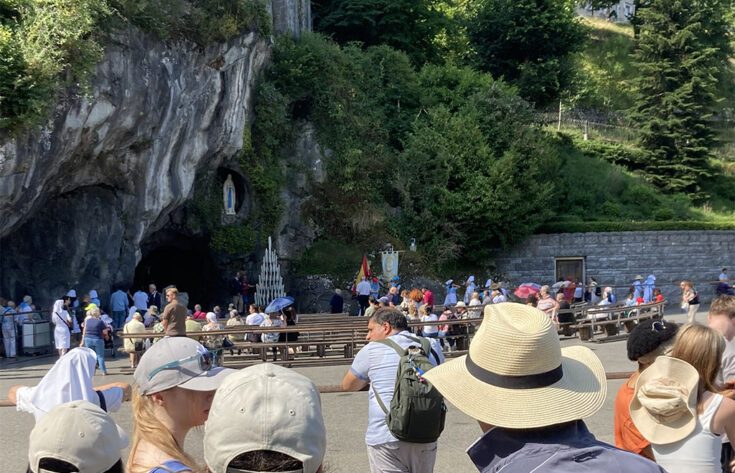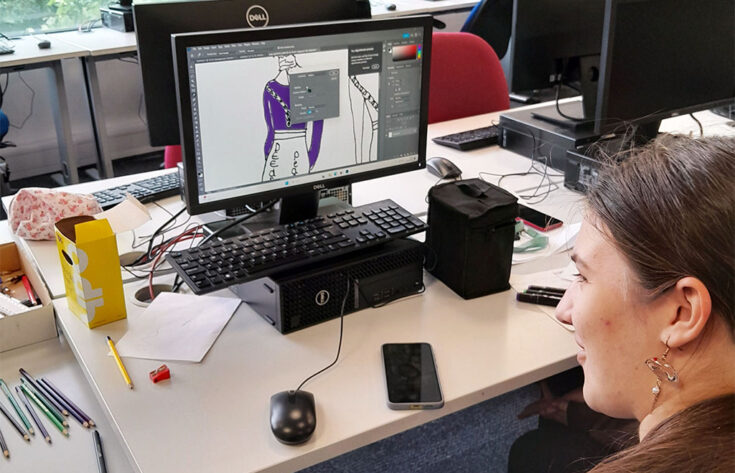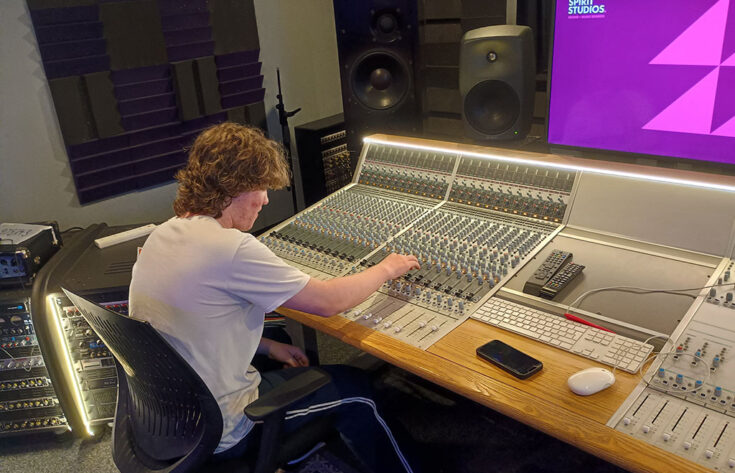German
For students who enjoyed GCSE German and are keen to be able to communicate in better German.
This two year course will enable you to:
- Communicate confidently and clearly and effectively in German.
- Develop insights into the countries where German is spoken.
- Develop the transferable skills that are highly valued by employers.
- Develop an improved understanding and application of grammatical structures.
- Develop written skills to produce accurate and analytical essays about the film and book we study.
- Develop listening and reading skills to cope with a variety of question types.
- Learn to work independently in order to develop all skill areas in advance of potential university study, including research and communicative skills.

A level is a natural progression from GCSE and the topic areas are new and engaging.
It will offer you a rich and wide ranging insight into the social, political, intellectual and artistic culture of the countries/communities where German is spoken.
As well as your lessons with your teachers, you will have a timetabled lesson each week with the foreign language assistant in smaller groups to focus on speaking and listening.
The A level course is organised into 4 topics:
- Being a young person in German –speaking society
- Understanding the German–speaking world
- Diversity and difference
- The making of modern Germany: 1989 onwards
At the end of the course you will take three exams, which will test your listening, reading, writing and speaking skills.
Conversation sessions with a Language Assistant
As well as your lessons with your teachers, you will have a timetabled lesson each week with the foreign language assistant in smaller groups to focus on speaking and listening.
In Europe, German is the most widely spoken language. Apart from Germany, it is official language in Austria, Switzerland, Luxembourg, and Liechtenstein and is the native language of a significant portion of the population in other parts of Europe.
Germany also has the 4th strongest economy in the world, and is the economic force behind the European Union. BMW, Daimler, Siemens, Lufthansa, SAP, Bosch, and BAS are just some of the many multinational companies that make Germany the world’s second largest exporter. So knowing the language, being able to communicate in German could be the key to getting a job in later life.
You will have the opportunity to visit Lübeck on an exchange trip.









